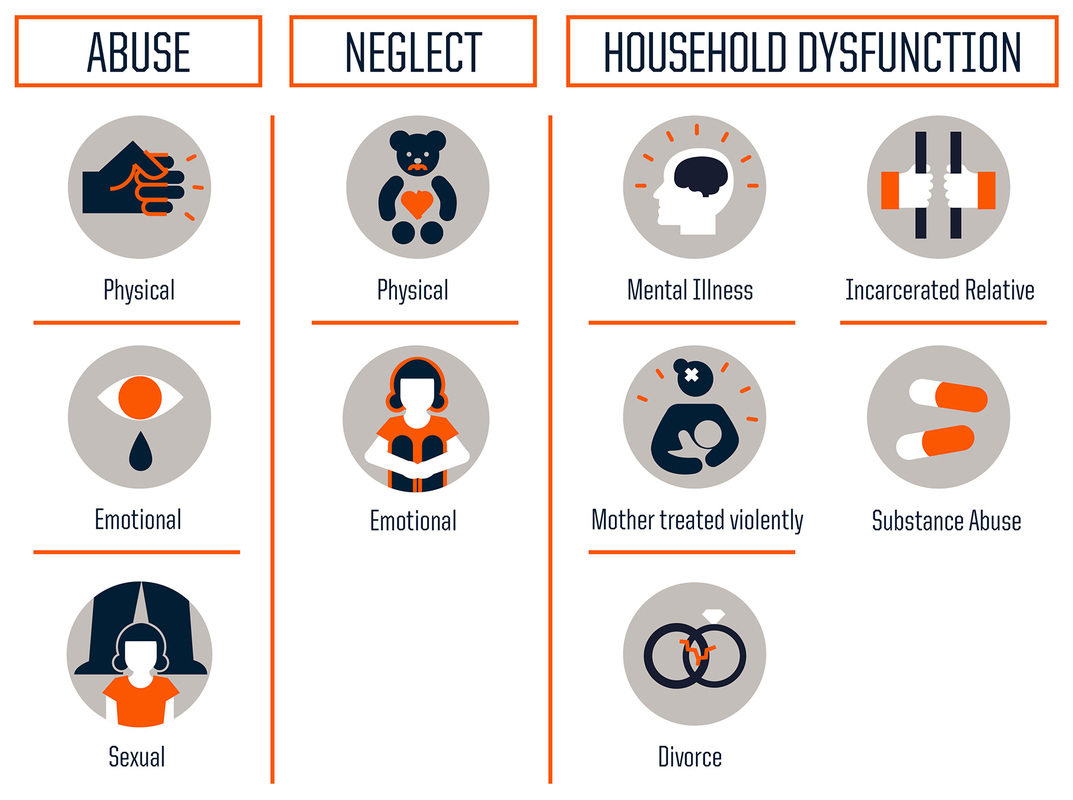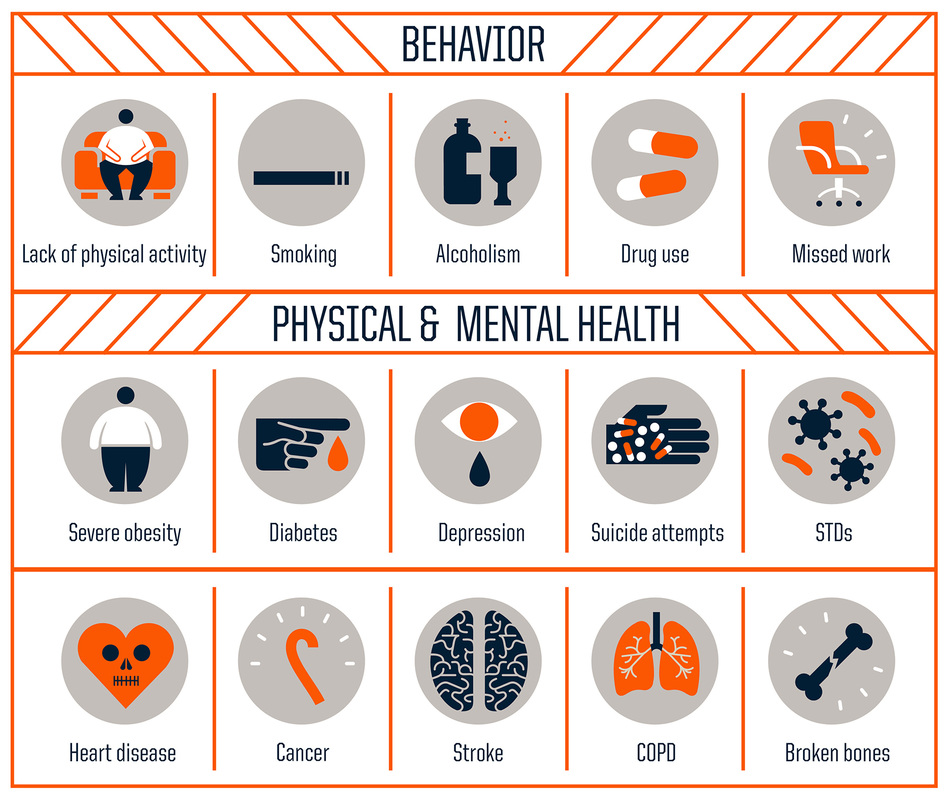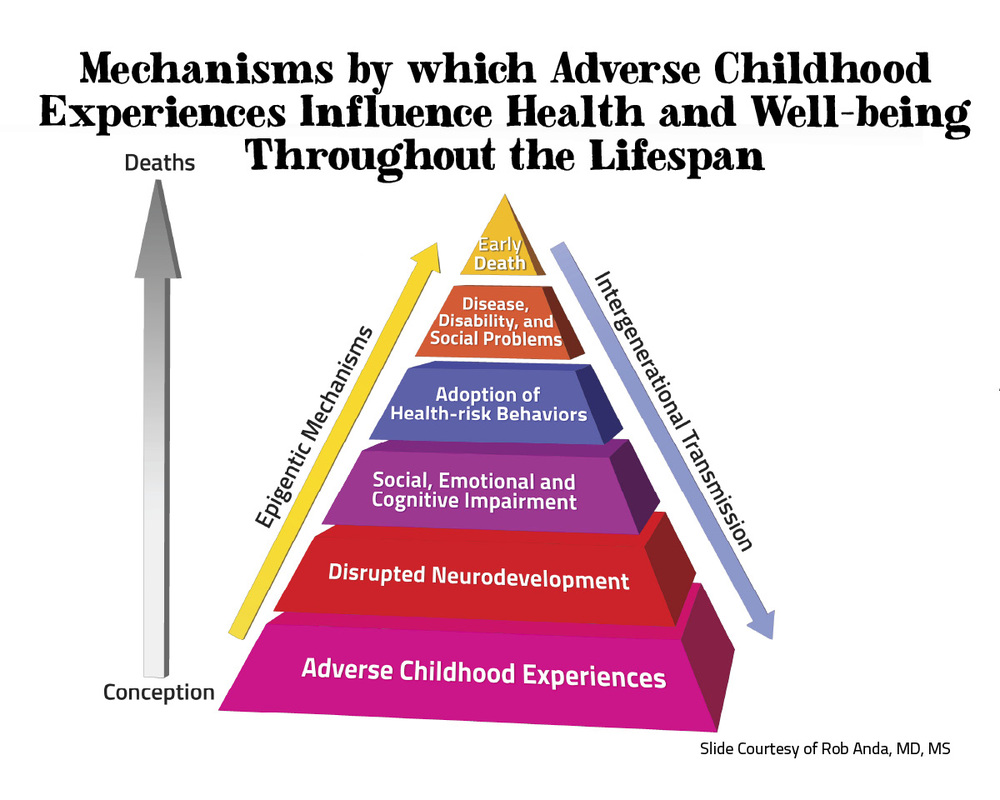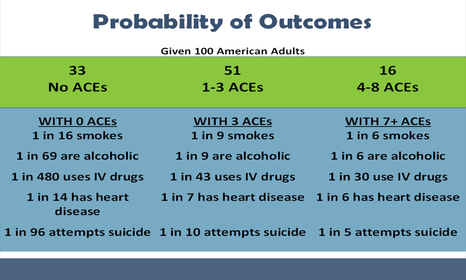trauma & Resilience
Childhood trauma affects everyone. It's an ecological and physiological reality. But so is resilience!
As a community, we can Alter the impact of trauma & create a healthy place to grow and thrive!
Join the caring adult network - attend the ican workshops!
be a connector
As a community, we can Alter the impact of trauma & create a healthy place to grow and thrive!
Join the caring adult network - attend the ican workshops!
be a connector



